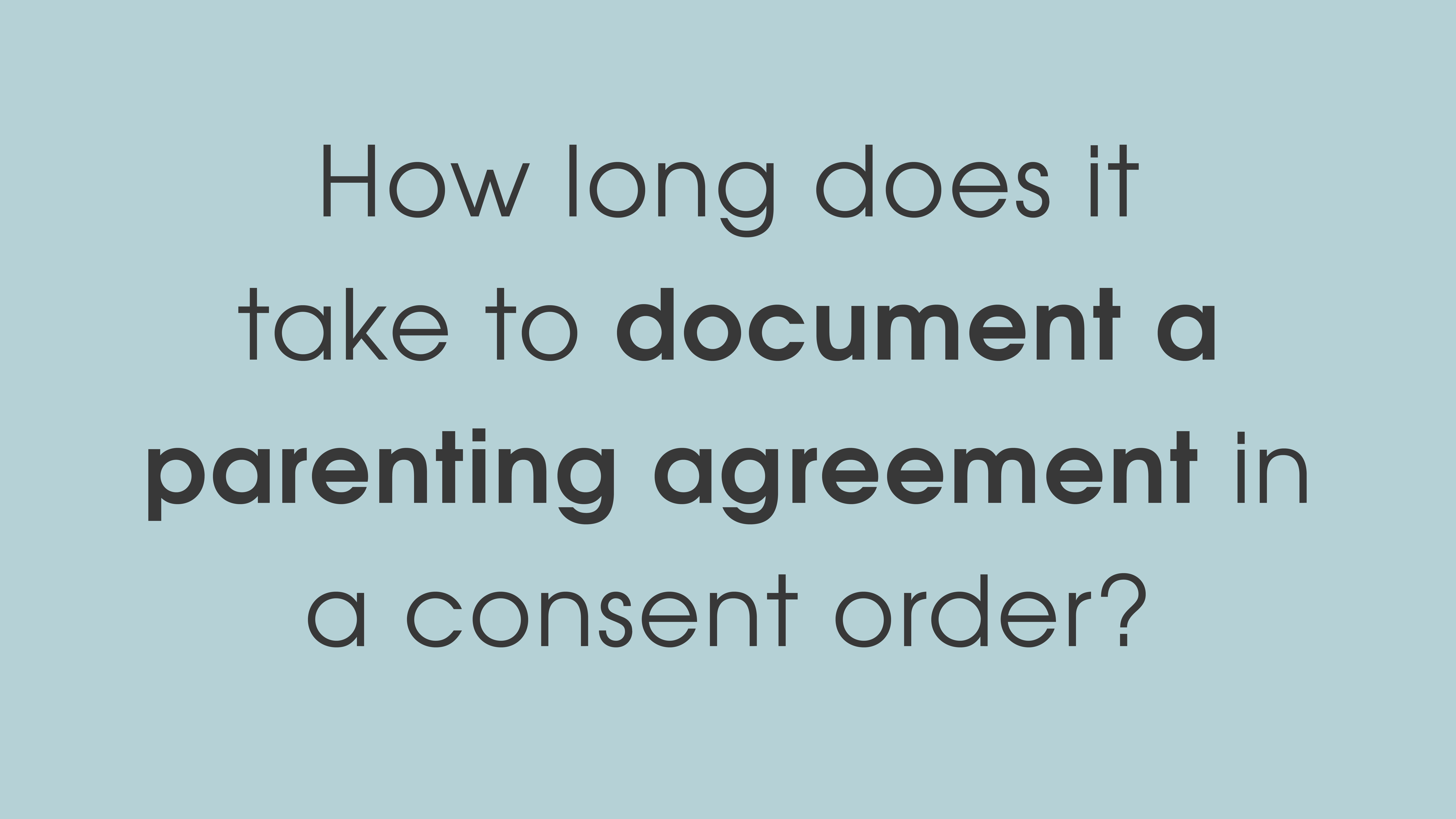Good Communication – The Key to a Great Divorce in 2024

Divorce is often associated with conflict and strained relationships, but it doesn’t have to be that way. Effective communication can transform a challenging divorce into a constructive process that benefits both parties, especially when children are part of the equation. In this article, we’ll explore why good communication is crucial, how it can benefit you and your children, and provide practical tips for fostering great communication during divorce.
Why Good Communication is Important
Divorce can be rife with disagreements and disputes. Good communication skills are essential for resolving conflicts, whether they are related to property division, child custody, or financial matters.
Clear and open communication can reduce the emotional stress associated with divorce. When both parties feel heard and understood, it can ease the emotional burden of the process. Effective communication can also reduce anxiety, depression, and stress and contribute to better mental health outcomes for both parties.
If you have children, effective communication between parents is vital for their emotional well-being and stability during and after the divorce. Children benefit from a peaceful and cooperative co-parenting relationship. When parents can discuss parenting decisions, schedules, and concerns openly, it creates a stable and nurturing environment for their children.
Smooth and effective communication can expedite the divorce process, saving time and money. Lengthy legal battles can be emotionally draining and financially burdensome, whereas good communication can help you reach agreements outside of court.

Tips for Great Communication
Here are some tips for ensuring you communicate well during your divorce:
1. Be Respectful: Treat your ex-partner respectfully, even when discussing challenging issues. Avoid blame and name-calling.
2. Active Listening: Practice active listening by giving your full attention when your ex-partner is speaking. Avoid interrupting and allow them to finish before responding.
3. Use “I” Statements: Express your feelings and needs using “I” statements. For example, say, “I feel concerned about this decision,” instead of “You always make bad decisions.”
4. Stay Calm: Emotions can run high during divorce discussions. Practice emotional regulation to keep conversations constructive.
5. Set Clear Boundaries: Establish clear boundaries for communication, including when and how you’ll discuss divorce-related matters.
6. Stay Child-Focused: When discussing parenting issues, always keep the child’s best interests at the forefront. Focus on what is best for them rather than personal grievances.
7. Consider Mediation: If communication breaks down, consider using a mediator to facilitate discussions and reach agreements.
8. Use Written Communication: Email or a co-parenting app can help document agreements and keep communication civil.
Good communication is the cornerstone of a great divorce. It benefits not only you and your ex-partner but also your children and your overall well-being. By practising respect, active listening, and emotional regulation, you can transform a potentially adversarial situation into a cooperative and mutually beneficial one. Remember that divorce is a challenging journey, but with good communication, it can be a path towards healing, growth, and a brighter future for everyone involved.





